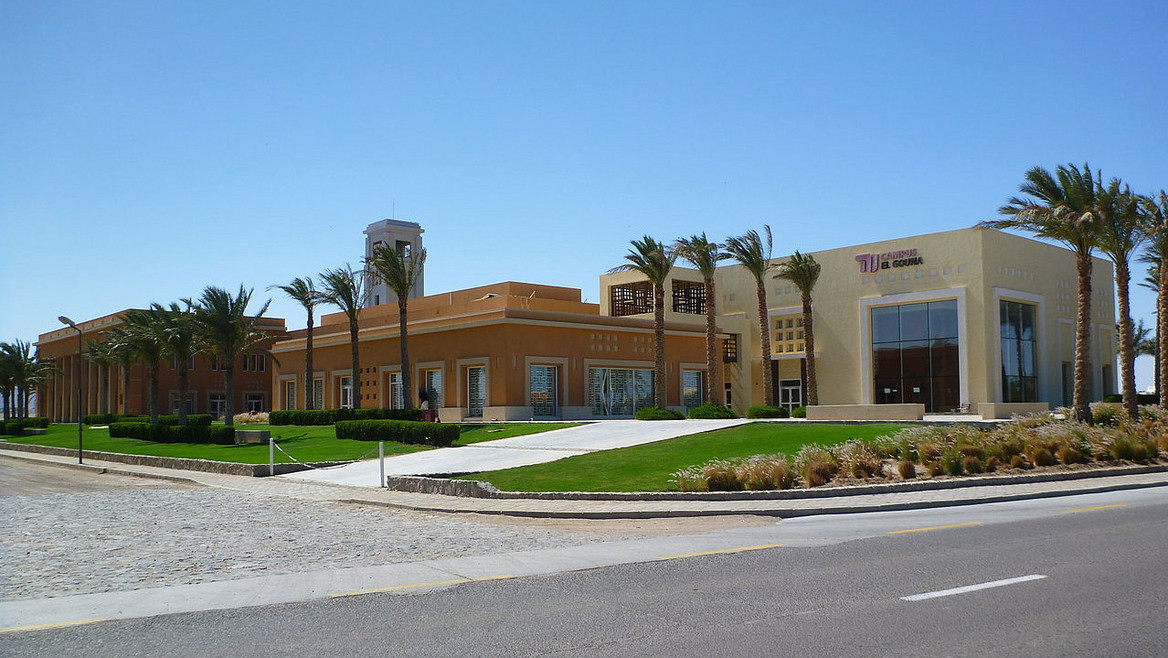Main Content
Commercialising Education through the Backdoor
Paper on German University Campuses Abroad

German universities are less active in setting up campuses abroad compared to British or French universities. However, some German universities are expanding internationally. In doing so, they risk reproducing a neoliberal logic of commercialization of education. An article in the journal "Compare" highlights the dynamics.
The internationalisation of German universities is increasingly important in debates on research and higher education policy. Discussions are also taking place at universities themselves about which forms internationalization can take, how best to utilise the potential it offers, and what risks need to be considered. In most of these cases, the focus is on international research collaborations or the mobility of students and researchers. Only occasionally do German universities use a strategy that is quite common in the Anglo-Saxon world: the establishment of fully-fledged branches in another country, so-called International Branch Campuses.
However, a few German universities do this, such as the RWTH Aachen University with its branch in Oman, or the Technical University of Berlin with its campus in Egypt - which has been closed by now. Tim Rottleb, Marc Philipp Schulze and Jana Maria Kleibert investigate the processes of creating Branch Campuses in their article "Germany's International Branch Campuses: Neoliberalizing the Humboldtian University through the Backdoor?" published in the journal for educational research "Compare".
On the one hand, these projects can be understood as an expression of the specific neoliberalisation tendencies in the landscape of German universities. Although there are no commercial motives at the foreground, they must be understood in the context of increasing competition within Germany (and the EU), in which universities are positioning themselves for the best possible access to funding opportunities in the face of limited financial resources, and in which they attempt to increase their "brand value". At the same time, however, the foreign campuses of German universities also intensify such neoliberalisation tendencies. They hold the potential to structurally anchor neoliberal logics in the relevant university by hollowing out democratic structures of university selfadministration and making competition logics the dominant basis for decision-making, as well as adapting the university's offers to employment markets and industries.
Tim Rottleb is an associate researcher in the Research Area "Economy and Civil Society" and worked as part of the junior research group "Constructing Transnational Spaces of Higher Education. International Branch Campus Development at the Interface of Network and Territorial Embeddedness" (TRANSEDU) for his PhD on Transnational Education Zones.
Dr. Marc Schulze completed his PhD on economic development strategies and foreign university campuses in Southeast Asia as part of the TRANSEDU junior research group.
Prof. Dr. Jana Kleibert is Professor of Economic and Social Geography at the University of Hamburg. She is head of the TRANSEDU junior research group at IRS.


